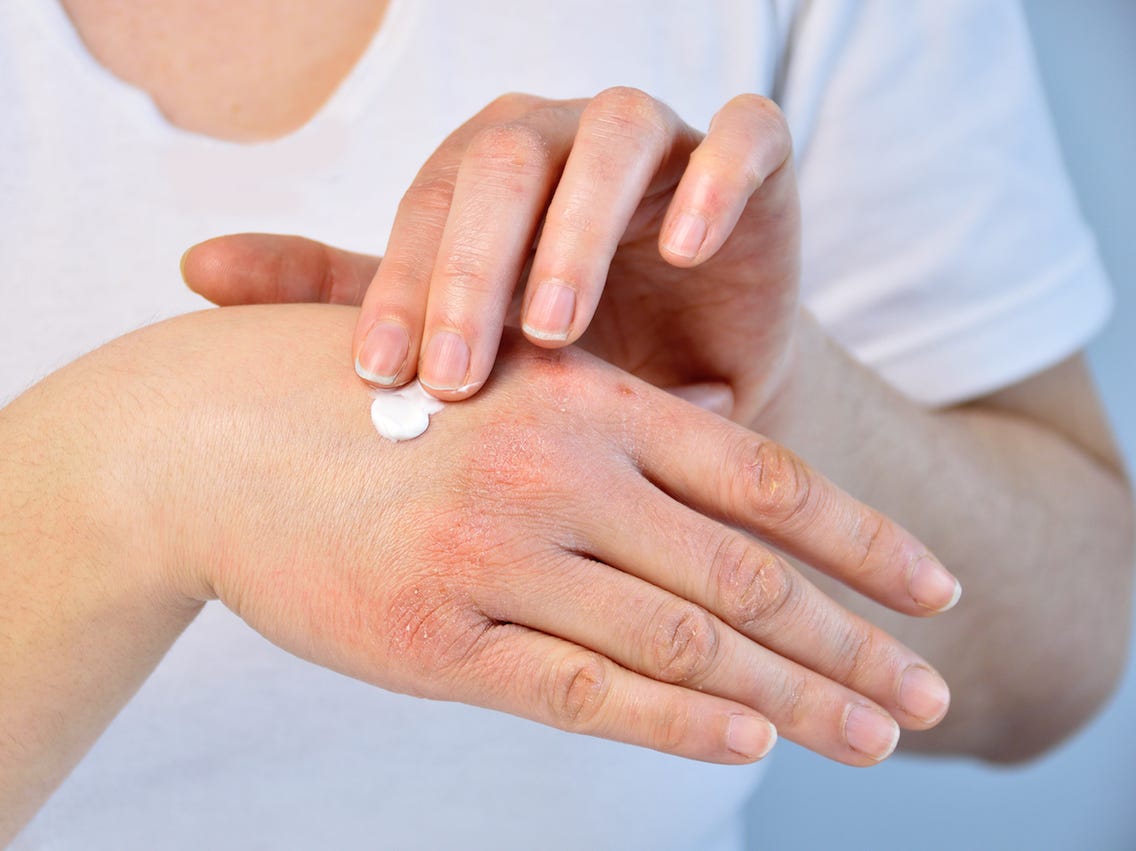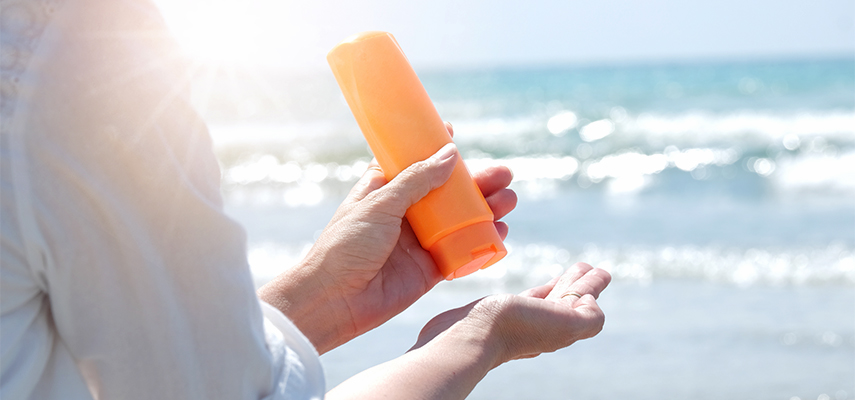Skin is sensitive to cold weather. The air is dry during cold temperatures and low humidity, causing the skin to lose moisture. A harsh winter wind or dry indoor heat can aggravate the problem, leading to cracked or bleeding skin. Cold, dry weather can also aggravate skin conditions such as eczema and psoriasis.
It is essential to moisturize your skin, but you can do more to care for it. These tips can help reduce chapping and redness and keep your skin comfortable and healthy until spring – A few healthy tips include..
Moisturize daily.
Cleanse your skin, but don't overdo it.
Limit the use of hot water and soap.
Humidify.
Protect yourself from the wind.
Avoid extreme cold.
Protect your skin from the sun.
Avoid winter tanning.
· Don’t take long hot showers
Warm baths or showers feel great in the winter, but they can strip your skin of oil. When washing your face or hands, use warm or lukewarm water instead.
· Make sure your skin is moisturized during the winter
Cold and dry months may not be the best time to use the same moisturizer you use the rest of the year. However, thicker moisturizing creams do not always mean better. Those who are prone to breakouts should avoid petroleum and oil-based formulas. Consider a product with lipids instead. If your skin is severely dry, you can also use an emollient moisturizer before a second moisturizer.
· Remember your sunscreen
The summer months aren't the only time you should wear sunscreen. Your skin can be seriously damaged by the winter sun and the glare from the snow. Apply sunscreen to your face and hands 30 minutes before going outside (if they are exposed). If you stay out for a long time, reapply frequently.
· Avoid tanning.
Many people believe tanning beds will provide the vitamin D they need during dark, short, cold days, but tanning beds can cause more permanent skin damage than any temporary boost. Radiation from ultraviolet A (UVA) and ultraviolet B (UVB) can damage cells and cause cancer.
· Take care of your skin.
No matter how much sun you enjoy or how cautious you are about sun safety, you should regularly examine your skin and note any new moles or growths. Changes in appearance, itchiness, bleeding, or inability to heal are also warning signs. No matter how diligently you protect your skin all summer, it's important to stay vigilant in fall, winter, and spring. You can identify potential skin cancers early by self-exams.
If you need assistance, don't hesitate to ask.
The value of seeing a dermatologist even once cannot be overstated. Your skin type can be diagnosed, your current skin care regimen can be troubleshot, and product recommendations can be given. Medications can also address specific skin concerns when over-the-counter products don't work. If you notice any concerning skin changes, you should see a dermatologist as soon as possible.










LEAVE A REPLY
Your email address will not be published. Required fields are marked *